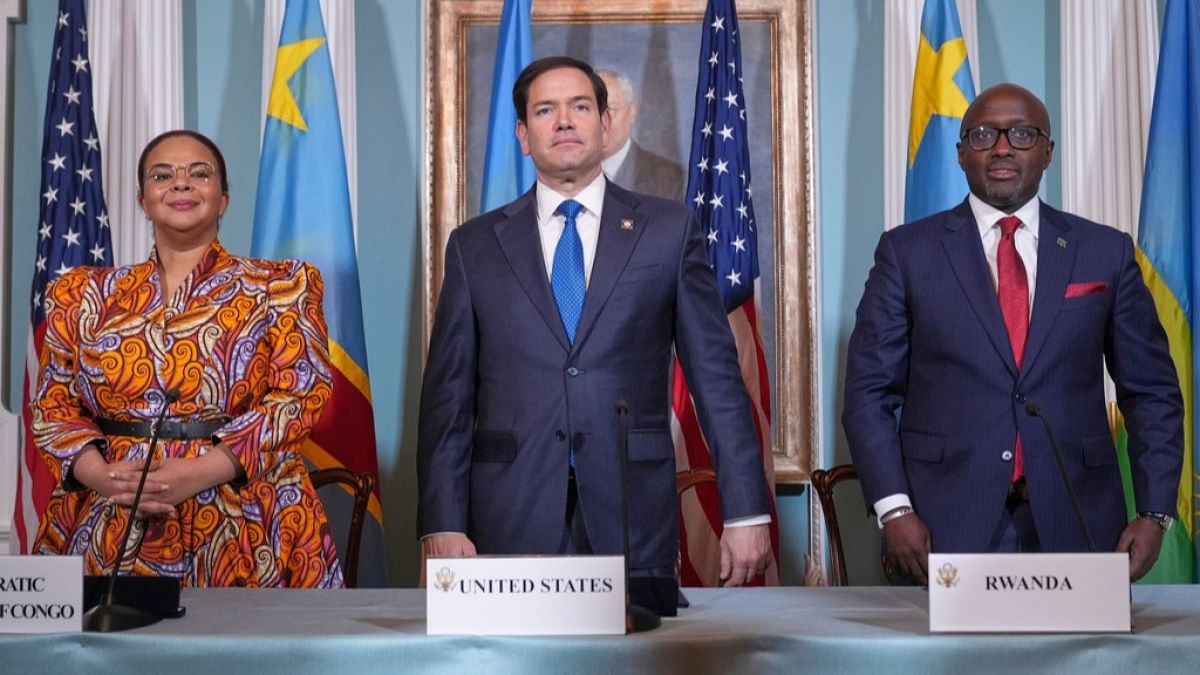Exterior of the Bank of England in the capital's financial district, on Feb. 6. 2025 in London, England.
Richard Baker | In Pictures | Getty Images
The Bank of England kept its key interest rate on hold at 4.25% during its Thursday meeting, with economists expecting the central bank to wait until August before it cuts again.
Six out of nine of the BOE's monetary policy committee opted to hold rates with three opting for a 25 basis points (bps) cut.
The policymakers' decision to hold rates comes after the latest data out Wednesday showed the U.K.'s annual inflation rate reached 3.4% in May, meeting analyst expectations but lingering far above the bank's target of 2%.
Earlier this year, the Bank of England said that it expects inflation to rise to 3.7% in the third quarter, before starting to cool into next year. It nevertheless still doesn't know the outcome of U.S. President Donald Trump's global tariffs policy, and with conflict erupting in Middle East, inflationary pressures could rise.
Those pressures, coupled with lackluster U.K. growth after a 0.3% economic contraction in April, put the central bank in a difficult position on whether — and when — to cut rates.
"The bank last month divided 5 [MPC members] to 4 over the decision to cut rates a little, and the majority were very much seeing the economy slowing down and the threat of a faster slow down if tariffs and other U.S. policy seep through the economy, so that is the worry," John Gieve, former deputy governor of the Bank of England, told CNBC on Wednesday.
"The question was, 'Should we cut now or wait a little bit?' That was the way they were looking at it [then]," he added.

"The Middle East conflict complicates things further. Firstly, it could have an effect on oil prices which could push inflation up even further ... and, secondly, it could be disruptive to the world economy and to trade, which again would be a downward pressure on our growth, so that's precisely where the bank is right now," he told CNBC's "Squawk Box Europe."
Economists polled by Reuters widely expect BOE policymakers to cut rates by 25 basis points (bps) at the next gathering in August, and to make a trim of another 25 bps in the fourth quarter.
Grieve said the confluence of external, uncontrollable and potentially inflationary pressures — along with the domestic outlook for growth, taxation and spending — made it hard to predict the BOE's strategy.
"What the bank and markets are expecting is that interest rates will edge down to 4% or perhaps a little bit lower the rest of the year unless there's a really big development on the world stage, but we don't know how this conflict in the Middle East will play out, and we don't know how tariffs ... are going to play out. So [Bank of England policymakers] are going to have watch things month by month," Grieve said.

.png) 3 hours ago
3
3 hours ago
3









